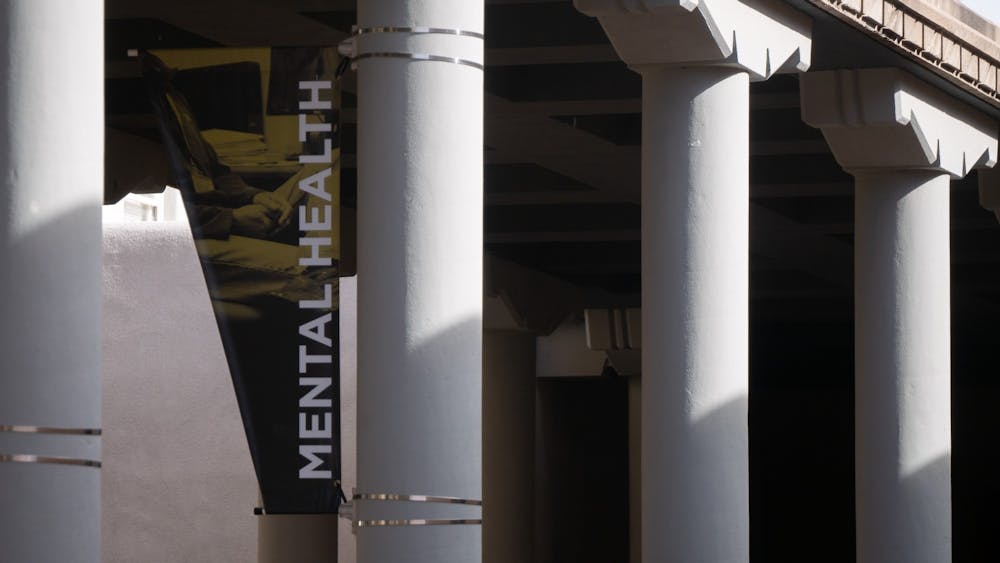Despite prolific reports of poor mental health amid the COVID-19 pandemic, the University of New Mexico maintains a limited position on the issue. Considering the generational emphasis on mental health advocacy, the question remains as to why students suffering with poor mental health continue to struggle alone.
UNM claims to offer support via Student Health and Counseling and, while in theory that provision is helpful, if you can manage even to have your phone call picked up, the likelihood that you’ll get an appointment scheduled by season’s end is slim to none. Amid a pandemic, these resources are needed more than ever.
The support systems that SHAC provides wouldn’t be enough, though, even if fully functional. According to the National Institute of Mental Health, suicide was the second-leading cause of death for people between the ages of 10 and 34 in the U.S. in 2019. In 2018, New Mexico had the second-highest suicide rate by state in the entirety of the nation, with rates dropping slightly in 2019 to place New Mexico in fourth.
The issue of suicide, general lack of awareness and genuine support for New Mexicans in the realm of mental health remains painfully problematic, especially for those within the age range of 10 and 34, wherein suicide continues to be most prolific.
SHAC employs a total of 11 counseling staff, five of whom are social workers and five of whom are licenced professional clinical counselors. For a student body of more than 21,000 on the main campus, this leads to an approximate ratio of 1,900 students to 1 SHAC counseling staff member.
What seems to be attempting to fill the gap for the lack of professionals at SHAC is Therapy Assistance Online, an automated program to help with mental health. While digital provisions are better than none, it in no way replaces the human connection found in live counseling sessions.
Other areas of support at UNM are also lacking. For example, the LGBTQ Resource Center only employs one professional staff member. That isn’t enough to aid the large number of students attending UNM and specifically impacts marginalized communities.
As we navigate the pandemic, the need for mental health assistance is greater than ever. The Kaiser Family Foundation, a nonprofit organization that focuses on national health issues, reported that “during the pandemic, about 4 in 10 adults in the US have reported symptoms of anxiety or depressive disorder, a share that has been largely consistent, up from 1 in 10 adults who reported these symptoms from January to June 2019.” With nearly half of the adult population of the U.S. struggling, there’s no debating the necessity of increased professional support across the board, especially within New Mexico where suicide rates are abnormally high.
Beginning with an increase in staff, UNM is in dire need of renovation regarding student mental health supports. In the midst of a pandemic, the added stressor of limited professional assistance is absurd and requires immediate change.
Natalie Jude is a freelance reporter at the Daily Lobo. She can be contacted at culture@dailylobo.com or on Twitter @natalaroni
Get content from The Daily Lobo delivered to your inbox






